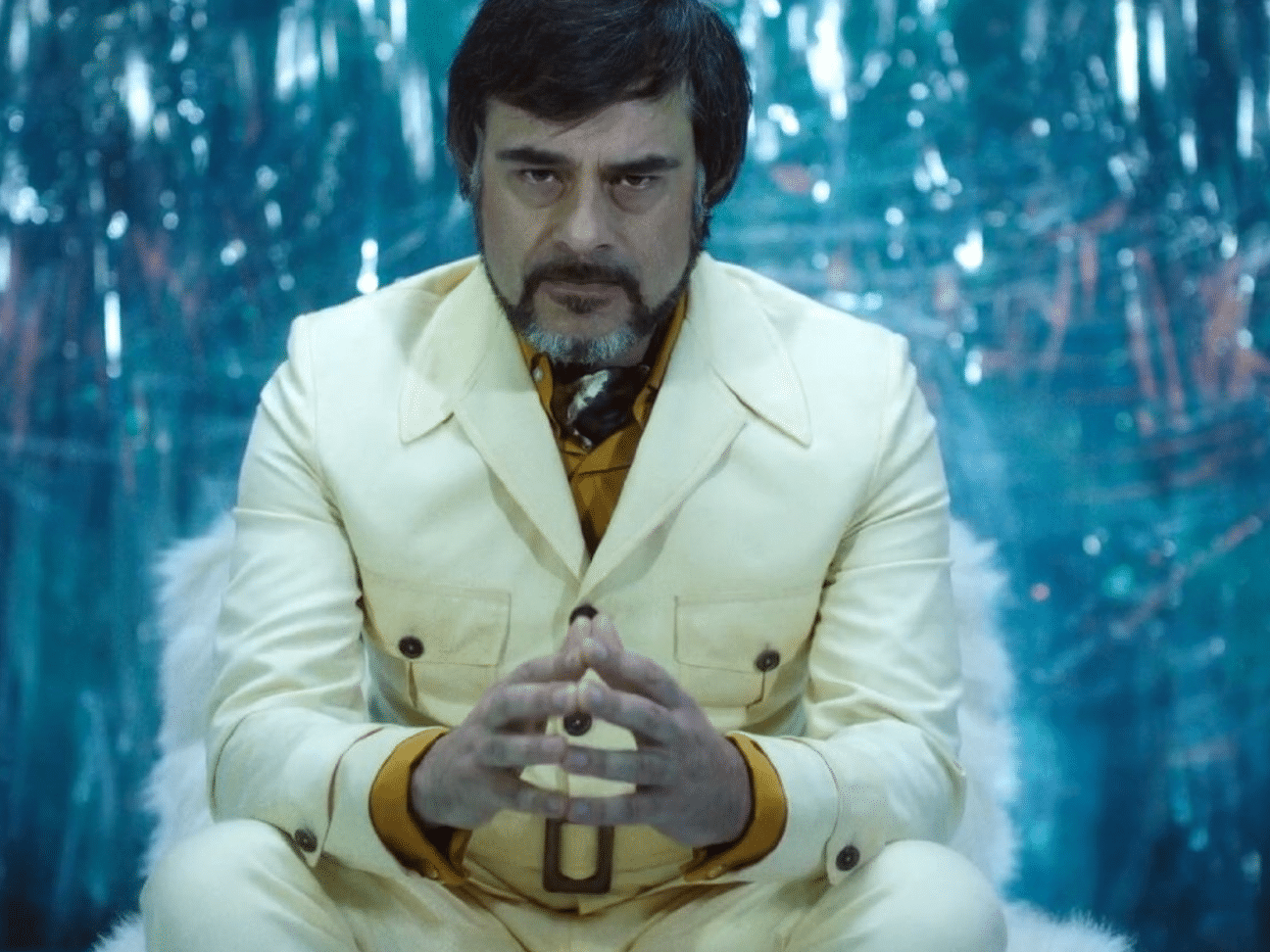Rusty Guinn
Co-Founder and CEO
Rusty Guinn is co-Founder and CEO of Second Foundation Partners, LLC, and has been a contributing author to Epsilon Theory since 2017.
Before Ben and Rusty established Second Foundation, Rusty served in a variety of investment roles in several organizations. He managed and operated a $10+ billion investment business, led investment strategy for the second largest wealth management franchise in Houston, and sat on the management committee of the 6th largest public pension fund in the United States.
Most recently, Rusty was Executive Vice President over the retail and institutional asset management businesses at Salient Partners in Houston, Texas. There he oversaw the 5-year restructuring and transition of Salient’s $10 billion money management business from legacy fund-of-funds products to a dedicated real assets franchise.
He previously served as Director of Strategic Partnerships and Opportunistic Investments at the Teacher Retirement System of Texas, a $12 billion portfolio spanning public and private investments. Rusty also served as a portfolio manager for TRS’s externally managed global macro hedge fund and long-only equity portfolios. He led diligence, process development and the allocation of billions of dollars across a wide range of indirect and principal investments.
Rusty’s career also includes roles with de Guardiola Advisors, an investment bank serving the asset management industry, and Asset Management Finance, a specialized private equity investor in asset management companies.
He is a graduate of the Wharton School, and lives on a farm in Fairfield, Connecticut with wife Pam and sons Winston and Harry. He serves as a member of the Board of Directors of the Houston Youth Symphony, and with Pam has been a long-time supporter and founding Friend of the Houston Shakespeare Festival. He also serves as a member of the Easton Volunteer Fire Company in Easton, Connecticut. Rusty spends his free time smoking meat, working his apple orchard, enjoying whisky, badly butchering progressive rock drumming and jeopardizing long-term relationships through high-stakes board games.
Articles by Rusty:
Benjamin Graham famously said that the market is a voting machine in the short run, and a weighing machine in the long run. This is a right-sounding idea. It is also wrong. Behavior matters over every horizon.
What does the path of history tell us? What does the aftermath of one of America’s greatest natural disasters and human tragedies tell us? What can we do to survive and escape a Competitive Game that doesn’t allow us to pull away from the table? If you’re reading this, you’re probably in the investment industry, or at least have an interest in financial markets. If you’re in the investment industry or in the financial markets, you like to win. So you’re not going to like my answer.
We play. And we lose.
Diversification is clearly one of the things that matter. Unfortunately, most investors pursue the Meme of diversification! instead of the real thing, and end up with a false sense of security and inefficiency.
Part 1 of this note highlighted the supremacy of the risk decision in portfolio construction. In this follow-up, Rusty observes that many investors may be assuming that the natural risk of asset classes is “right” for them.
Of all the decisions you make as an investor, how much risk you take outweighs all of them. It is more important than costs, more important than diversification, more important than picking the right stock / fund / investment.
The second moral license from a wise emphasis on passive investing is spending inordinate amounts of time on tilts, trades and tactical ideas that will never influence our portfolio results.
For the bored (read: profitable) investor, the bias to action is a constant threat. As we become more passive in our strategies, the moral license to ‘do something’ is exaggerated, and must be curtailed.
Almost as much as we love stock discussions, we love talking about our favorite fund managers. These discussions are unfortunately almost always a complete waste of time.
We meet with our fund managers and financial advisers with a goal in mind. But we always end up talking stocks. If you insist on buying the tank, they’ll sell you a tank, folks.
There is no excerpt because this is a protected post.









